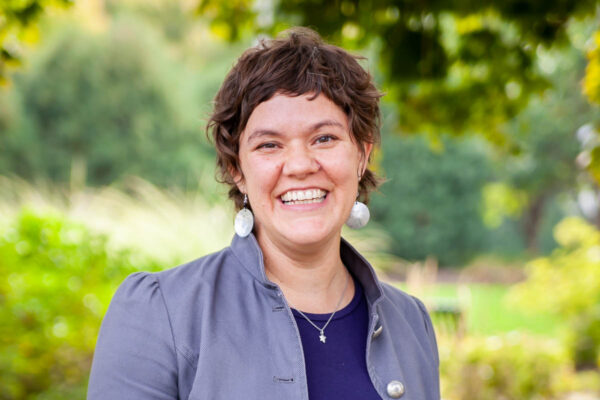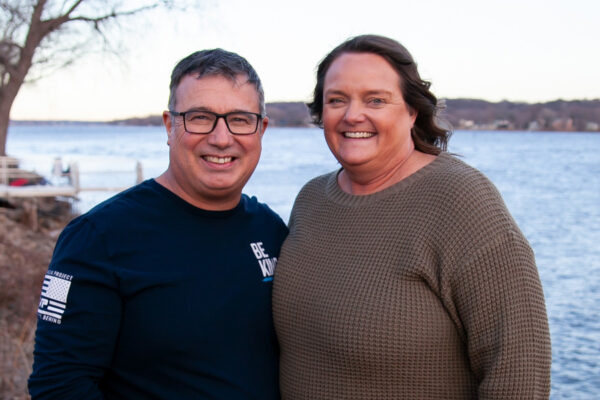Panel to discuss mental health courts
Doug McDonald spent 28 years on the bench as a judge. From his first-floor courtroom at the Scott County Courthouse, he worked through a daily docket of people accused of a variety of crimes. Of 15 people in court on any given morning, five or six usually were experiencing some sort of mental health issue, he said.
Judge McDonald will be one of four people who will lead a panel discussion on Sunday, May 1, 10:45-11:30 a.m. in the Chapel. Their focus will be on an alternative way to support people with mental illness who are facing criminal charges. It’s called mental health court. Such a court has been in place in Rock Island County for nearly a decade. A group of people, organized by Quad Cities Interfaith, is working to launch a pilot program in Scott County.
Fellow panelists will be Paul Elias, psychiatric program director at the Scott County Jail; Courtney Stenzel, Rock Island County Mental Health Court team member; and Owen Larson, a graduate of the Rock Island County Mental Health Court.
People with mental health issues and criminal cases against them often “need care instead of punishment,” said Leslie Kilgannon, executive director of Quad Cities Interfaith. “What we’re doing now is not working. The mental health court diversion program is a different way of approaching criminal justice all together.”
Her organization is raising awareness, support, and money to fund an effort that would hire a service coordinator and bring others to the table, including representatives from the county attorney’s office, probation, and mental health providers. The coordinator would help with housing, transportation, medications, among other things.
The hope is to launch the pilot program this fall. The group’s next meeting is Thursday, April 28, 6:30 p.m. at the Unitarian Universalist Congregation, 3707 Eastern Ave., Davenport.
In Rock Island County, a program has been in place since 2007. The target population for mental health court there is non-violent misdemeanor and felony offenders. Potential clients must have an assessment with a diagnosis of a serious mental health disorder. The Live It Fully Everyday (LIFE) program is a voluntary one. Of priority are those offenders whose criminality appears to be a consequence of their mental illness. These clients are given supportive services to assist them in removing the stigma that follows them as a result of their illness, and assist them with re-integrating back into the community as responsible, productive, and valuable individuals with something to offer those around them.
Programs like this save money, Leslie said. But more importantly, “when people graduate and stay out of the system, it benefits everyone. They don’t reoffend and stay out of prison. We are working on this because of the moral imperative.”




